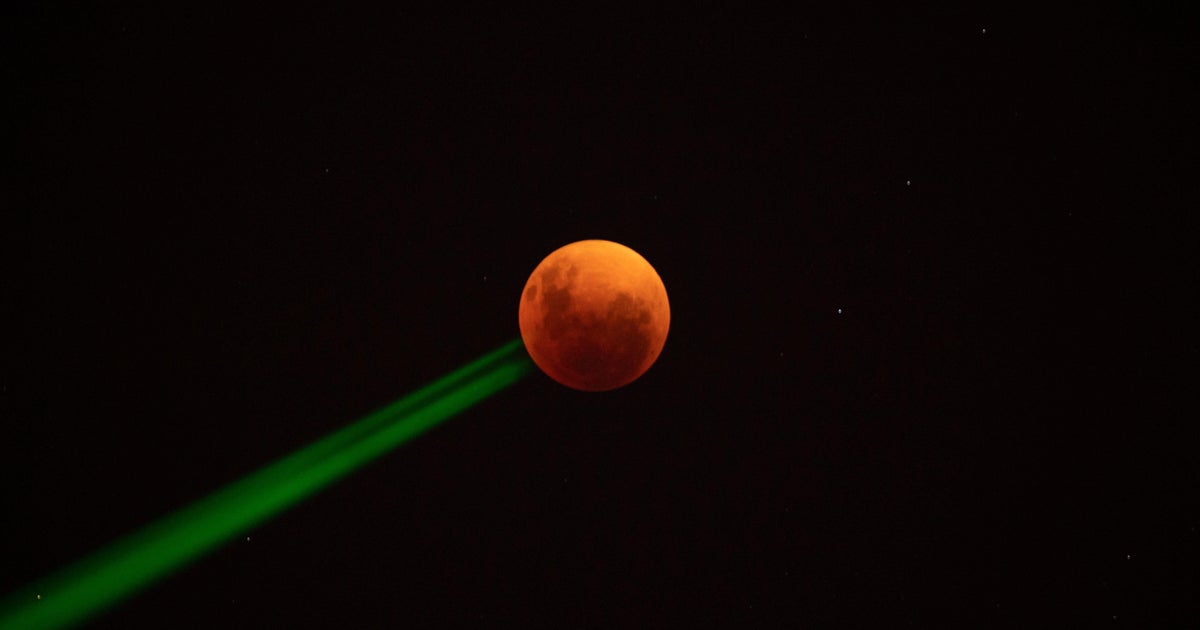
Blood moon will emerge on Election Day in last total lunar eclipse for 3 years
CBSN
Before polls open in the midterms on Tuesday, the normally bright and glowing moon will appear an eerie red as the last total lunar eclipse for the next three years takes place.
NASA said the total lunar eclipse — when the sun, Earth and moon align so that the moon goes into Earth's shadow — will occur on November 8, Election Day. The eclipse will begin at 3:02 ET, and totality – when the moon is within the darkest part of Earth's shadow and appears a bright red, earning it the nickname of "blood moon" – will last from about 5:17 a.m. to 6:42 a.m. Eastern.
The blood moon stage of the eclipse will be visible from North and Central America, Ecuador, Colombia and western areas of Venezuela and Peru. Those in Hawaii will be able to see every stage of the eclipse, NASA said.
